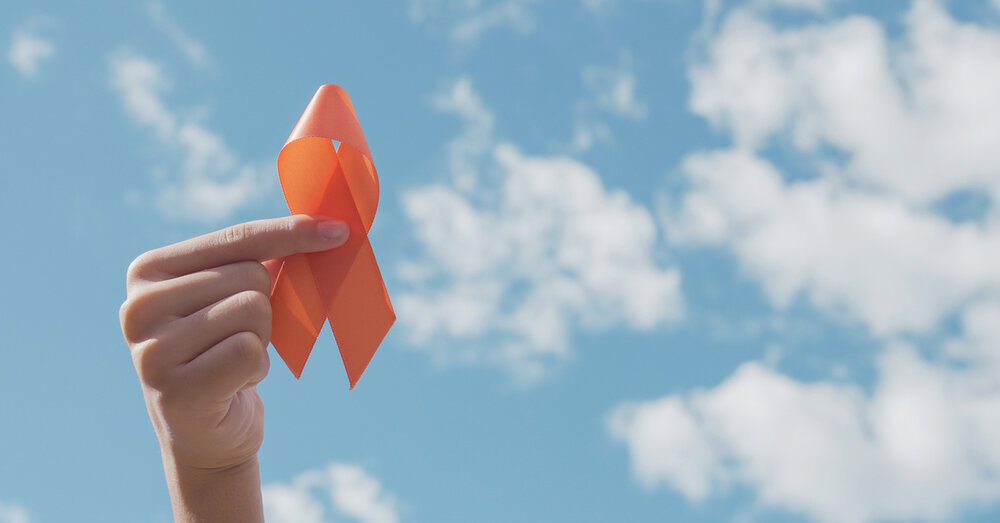World MS Day: special patients need special care

TEHRAN – Multiple sclerosis (MS) prevalence exhibited an upward trend over the recent decades, especially in urban areas, which spotlights the importance of early diagnosis and special care.
It is one of the most common diseases in the central nervous system, that is, the brain and spinal cord. Multiple Sclerosis is an inflammatory demyelinating condition, which is caused by damage to myelin, a fatty material that insulates nerves.
Every year on May 30, World Multiple Sclerosis Day is celebrated to raise awareness among people regarding this chronic neurological disease and lift social barriers, which has been initiated by MS International Federation (MSIF) and its members in the year 2009.
The theme of this year is continuing from last year, which is 'Connections'. It means building self-connections, connections to quality care, and community connections.
According to the National Multiple Sclerosis Society, more than 2.8 million individuals suffer from neurological disease, which is found more in women than in men.
The total number of MS patients admitted by the Ministry of Health system all around the country has now reached above 70,000 people, which is an alarming number, Mehdi Shadnoush, head of the Health Ministry's center for transplantation and disease management said.
Stating that the prevalence of the disease is still 2.5 times higher in women than men and is developed more in the age group of 20 to 45 years, he noted that according to global statistics, the average prevalence is 112 people per 100,000 populations and its incidence is 5.2 per 100,000 populations. Of course, this ratio varies from country to country.
In Iran, every 87 per 100,000 populations are diagnosed with the disease, which is one of the countries with the highest prevalence rate, he added, IRNA reported on Sunday.
However, in recent decades, MS prevalence in Iran has grown larger than ever, especially in urban areas, he lamented, adding, so that the timely diagnosis and control of the disease among youth comes to attention more than ever.
On average, about 5,000 people develop MS in the country every year, according to Shadnoush.
Measures to provide care
Since 2005, MS was included among rare and special diseases and is supported by the Ministry of Health, he said, adding, so that the registration and census system was launched, as well as an advisory scientific committee to draw up general policies in the diagnosis, treatment, and rehabilitation of patients, as well as academic MS committees, to confirm the disease and address issues.
At the same time, comprehensive centers for providing special patient services in 13 university centers; four of which in Tehran and the rest in Isfahan, Shiraz, Mashhad, Tabriz, Ahvaz, Kerman, Mazandaran, Kordestan, and Kermanshah to provide services to special patients, he added.
He went on to say that “we have also equipped and completed centers for providing comprehensive rehabilitation services to MS patients.”
Challenges facing MS patients
According to official statistics, about 120,000 people in the country are suffering from rare diseases. With the onset of COVID-19 in Iran, the situation has been worsened.
At the same time, the issue of social and welfare support for these patients remains strong, although oppressive U.S. sanctions have further increased concerns about these patients.
Although food and medicine were claimed to be exempted from the U.S. sanctions, financial and banking sanctions have limited the life-saving medicine trade which harshly targeted the patients suffering from rare diseases.
Moreover, fears of falling afoul of Washington have restricted exports to Iran.
There are three categories of medicine used by MS patients; two of which are now produced domestically by Iranian pharmaceutical companies, but those foreign ones are difficult to be provided.
So that exemptions for humanitarian trade (such as food, medicine, and medical equipment) have not been effective in protecting Iranian patients from access to imported medicine.
FB/MG
Leave a Comment